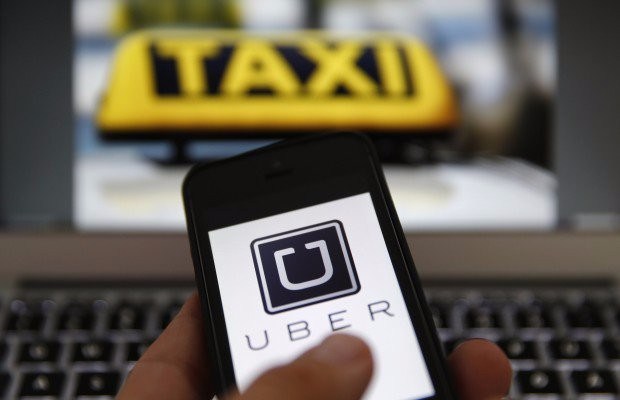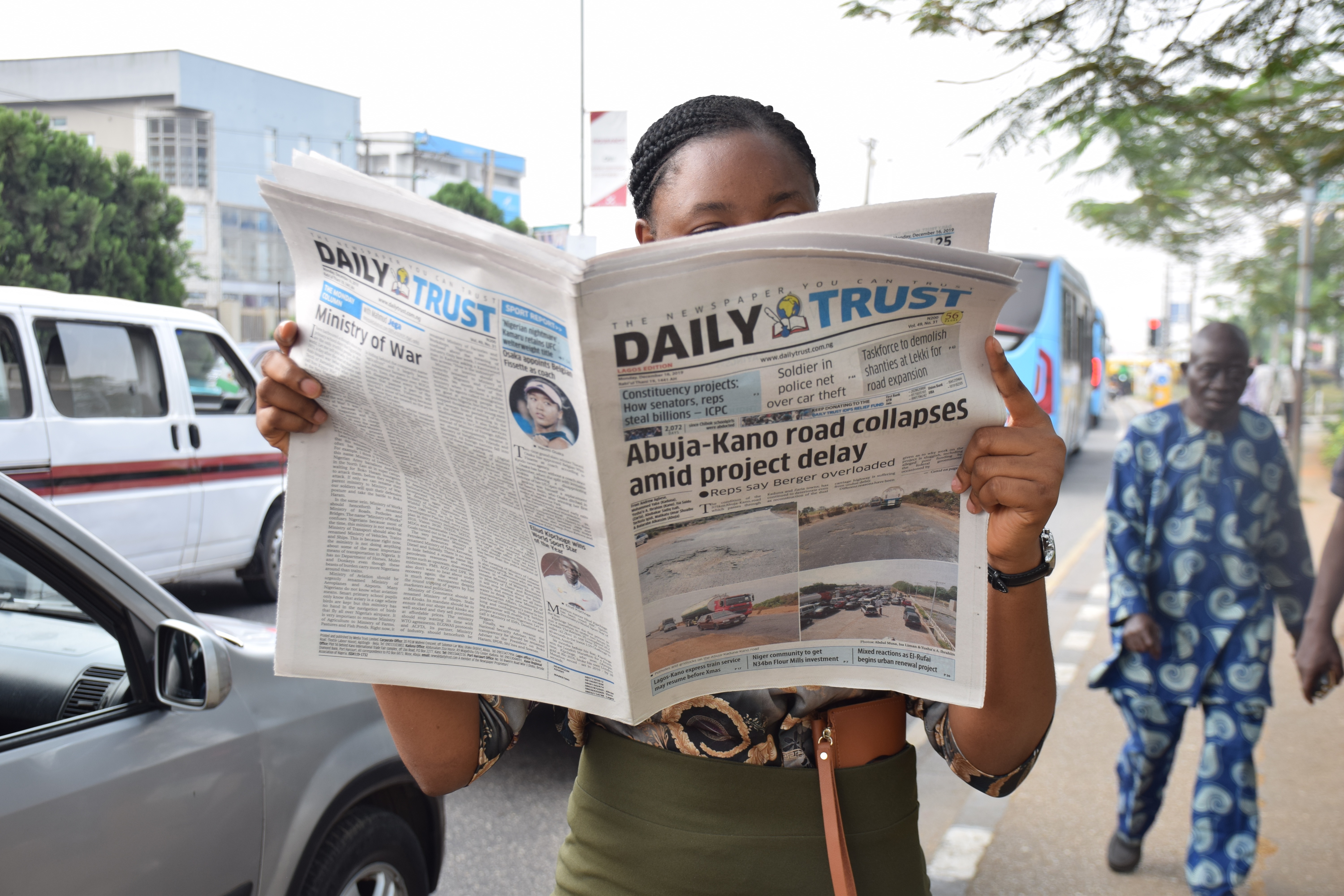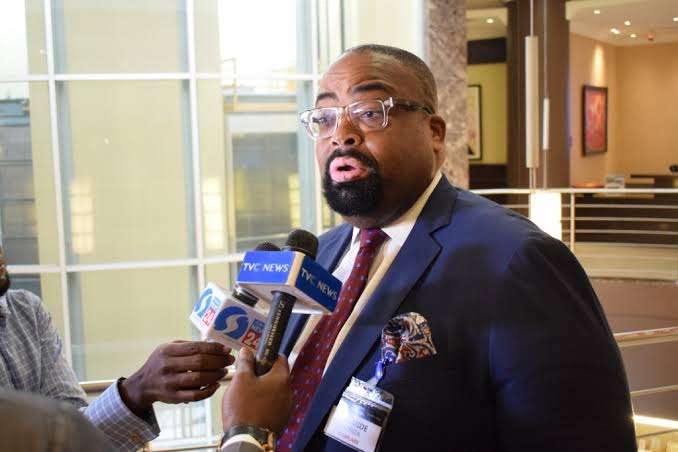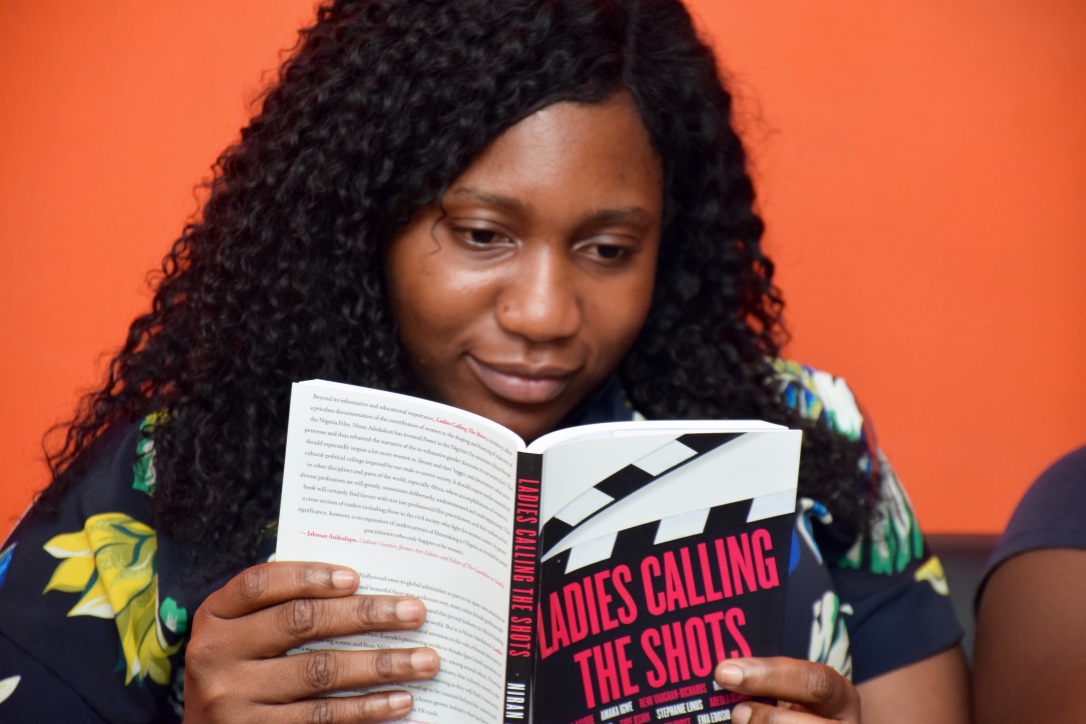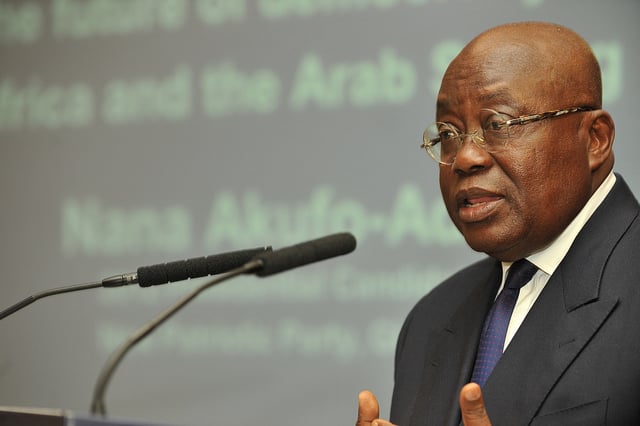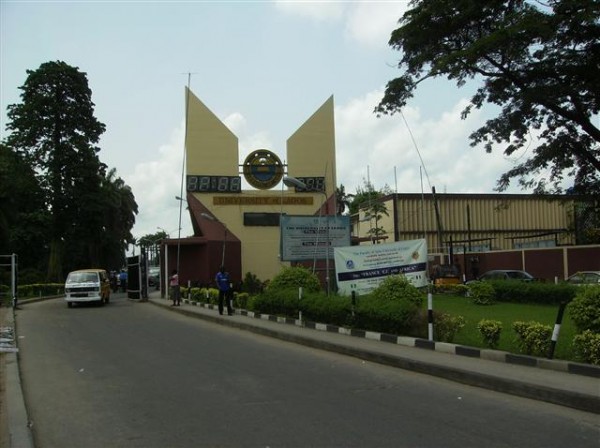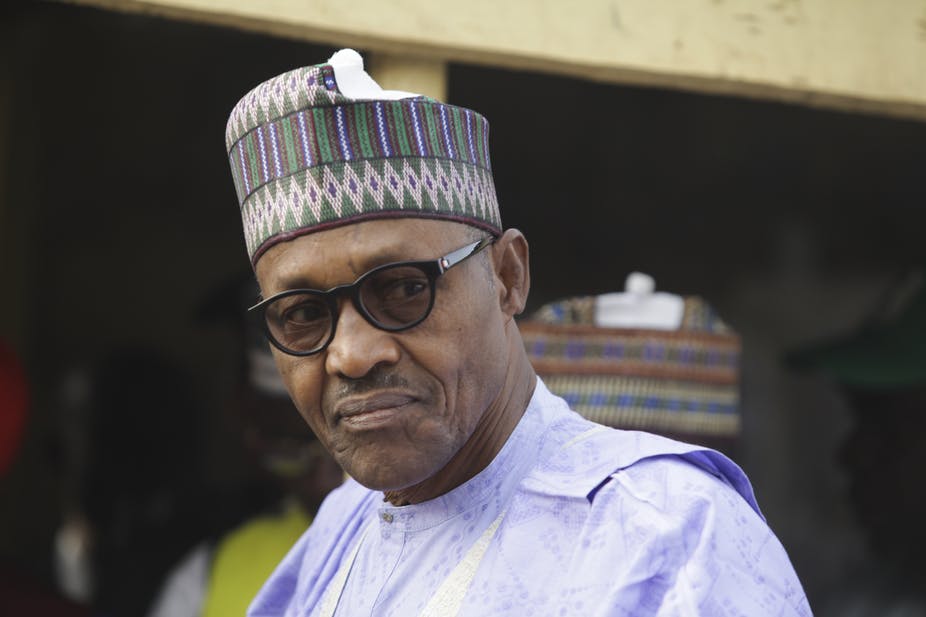There is something about the Bible that makes it the bestseller of all time. Very profound. With journeys into the past and projections into the future, holding out the mysteries of life as it mocks man to provide understanding. The depth is unsearchable, that is what it says, but that depth in a blaze of metaphor provides the light that brightens the way ahead.
There is this scripture that resonates in my head all the time. In a message to his father’s friend, King Hiram, King of Tyre, after studying his father’s notes matched with the reality around him, King Solomon said: “But now the Lord my God has given me rest on every side; there is neither adversary nor misfortune.”
Each time I think of the scripture I think of an administration that has worked, building a country for their progeny; I think of parents that have had to dig deep, including putting derelicts together to create a great country; leaders that deny self to build the future so that the ones on the way will not have to scrape in the cesspool of life. This is a leadership interpretation and leadership provides the plank that leads to failure or success.
Not in the manner of our practice today. We have had too much of leadership that provides for self and little for the people. The country is wretched, yet there is too much money going into nothingness, projects convoluting into a future that looks too incapacitated to pay its debts. The auguries look ominous but we must have to create hope, not the type wrapped in falsehood, fear and forlornness.
Advertisement
I am in the back of an Uber car. Each time this happens, which is fairly regular, I have the opportunity to dream with my eyes open, about life that should have been but which is fast disappearing, about a past that was very fulfilling with great parentage and great teachers and great books which influenced life, about a future that looks very bleak for many, for the majority whose fatal sin is being born in a blessed country whose leadership have continued to mismanage her potentials.
My mind is back to the Uber driver. He returned with two Masters Degrees to his country to contribute to building his nation; just like the other fella the other day, he too came with a lot of dreams, but their country has no place for them. In fact, it can accommodate only a few, the privileged from a part of the country with a splash of those from rich homes or other connected political families. The rest will have to do Uber which seems divinely provided now, while others will have to fight for slots in regional security groups being proposed. Yet, many more with PhDs are pursuing federal government’s N20, 000 job. At least, one newspaper headlined last week that Four PhD, 200 Master’s holders were among those scrambling for the FG’s 774,000 unskilled jobs. This is their reality, their dreams perfunctorily suspended by leaders they trusted with their votes.
This Uber driver is even lucky. He has a car to drive and still looks respectable. In some parts of the world, the Uber work is an after-work endeavor to support earnings from your full time job. But here it is the real thing and governments even make life more difficult for them with all kinds of taxes. And the guys are happy with their share of the fare.
Advertisement
I once saw a phrase like the Uber generation. But who can help our Uber generation dream the kind of big dreams that conquer the world? Is this asking for too much?
“See Paris and Die” conjures so many feelings in people, including the surface interpretation beyond the pulsating street life and creative and historical references of the city famed for beauty and Eiffel Tower. Writers cherish that phrase traced to Soviet citizen, Ilya Ehrenburg. But when Travis Kalanick and Garrett Camp met in Paris one snowing evening of 2009, they were least concerned about the beauty of the city or a mortality laced in fatal attraction. They were faced with a problem that forced them to think. “What if you could request a ride simply by tapping your phones?” A seed for the birth of an octopus of company was born. The resulting organization is Uber, an app that connects drivers with riders, which operates in over 65 countries, including Nigeria and China, and 600 cities worldwide. Favoured by an environment which encourages people to hit the sky in flight, Uber has revolutionized the ride-hailing industry.
The organization has struggled with its internal and external fights and contradictions, and has overcome them all. By 2018 when Uber went public on the New York Stock Exchange it had a market cap of $75.5bn. Even while displaying strength over its various headaches, there are no indications that Uber has been hurt or ready to slow down. Instead other services are being introduced or at the point of introduction. They include: Grocery by Uber, Uber Rush – bicycle delivery service in Manhattan, UberPool, UberX and UberElevate – air transport into urban transport using VTOL (vertical takeoff and landing) aircraft. This will especially be good for cities like Lagos if the politicians will not hamstring it with a cocktail of politics.
One good thing about the ride-hailing business is that it is not built on rocket science. With a mobile terminal featuring the app, a Google map and some other location features, a business is in place. This is by way of oversimplifying the mystery of the business. So, there is Lyft and Bolt (Taxify), all providing convenience and flexibility for riders and drivers but with patronage depending on trust.
What is the common feature in the narrative that may have grown hackneyed by now? Technology. And the mobile handset provides the introduction to a story that has changed the world. When Uber China and Didi Chuxing merged in 2016, the deal was sealed at $35bn. Pray, what is your national budget? And please I am not trying to compare our national budget to the net worth of a business formed on a cold street.
Advertisement
My point of interest is that a number of soft businesses depend on the mobile network to be activated. This is the reason it must become collective interest for the telecommunications sector to work at its optimum. Whatever stands against or threatens that sector should be seen as a threat to the collective interest of the people and be deracinated immediately. Were the media to be used to gauge success, Dr Isa Ali Ibrahim Pantami, the Minister of Communications and Digital Economy, would have a perfect score, as he is more active in the media dressing up legacy projects than focus on policy issues that should nuance the telecommunications sector.
Leadership is everything. President Muhammadu Buhari should ensure that what is happening in the telecommunications sector goes beyond the razz-dazzle, some level of orchestrated showmanship which, unfortunately, cannot hold up the white paint poured on a collapsing sepulcher.
Leadership is everything. Examples abide in other climes. At the peak of COVID-19, a member of the Dubai Smart City testified at a Zoom conference coordinated by the Dubai World Trade Centre, how the Dubai leader put the power of his office behind the speedy rollout of 5G which has become very useful to the city of audacious dreams. Deploying 5G technology, one operator was able to monitor the movement of traffic, notice people were moving away from the business districts to residential areas, and be able to refocus signals on those areas. That is one mystery of 5G, pinpoint signals to areas of highest demand.
Also within the period, President Donald Trump of the United States of America gave a very vehement charge to the Federal Communications Commission (FCC) on the need to quickly rollout 5G technology, declaring that the deployment is a war America must win. Quite a number of people must be freaked out with his fight with China’s Huawei but you can’t ever accuse him of doing nothing, of being indolent in, or juberous about providing leadership.
The Nigerian Uber driver bearing the metaphor of the youth is not lazy. He has his dreams, of a future full of life, of a home with wife and children seated around him, of a life in a city or rustic environment where public power doesn’t go off, so that even if he cannot experience life on the shimmering streets of Dubai where the new arriviste in Nigeria go to buy luxury flats, he can at least watch their documented debauchery and buffoonery on television.
Advertisement
Leadership. A more articulate leadership. The Nigerian Uber driver will be up flying. Emblematic of the youth, he is not a cannon folder destined for flaring in political wars during elections. For me, technology is the trigger, a short cut to appropriating his frothing energies, and a short cut to a glorious future coloured with the kind of sheen we see only on television. There was a tipping point in telecommunications over a decade ago. It is time to work towards another.
Aihe writes from Abuja
Advertisement
Views expressed by contributors are strictly personal and not of TheCable.
Add a comment

